Last August, I got the chance to mentor a student based in Singapore and he’s waiting for his graduation. We started on which type of career he wants, and I asked him about his background. Fortunately, he was trading Foreign Exchange.
It’s a good thing that he already understands Technical Analysis, and we got connected through a monitoring platform. Now, we are exchanging messages about how to break into the industry.
My advice to him is to get as many certifications that he can, attend training, network, and keep his portfolio as well, if he wants to pursue trading for a bank or other financial institution (non-bank). Was encouraging him to go for the Hedge Fund BlackRock.
But trading for an institution may take time, so I recommended to him to consider the role of an Analyst. With the Analyst role in any financial institution or even in an Investment Bank, there’s an opportunity there for you to grasp the end-to-end operation. On some parts, in the Settlements and Reconciliations perspective, you may see the whole Trade Lifecycle and chase unresolved, unbooked trades from the traders in the Front Office or in the middle office.
As an Analyst for 10 years here are some of the lessons I’ve learned working in a Global Capacity.
Technical:
- You must understand the Product or the Asset Classes.
It’s important for an analyst to understand the behavior of each asset class, not just the product in your process itself. When I was handling Derivatives, Futures and Options contracts in Settlements, I always read from time-to-time other products like Equities, Bonds, and FX. You might need it someday, coz’ some regions like APAC, EMEA are heavy in these products. You may enroll and get a Chartered Financial Analyst (CFA) or take classes in Fmi.online in which you may choose an industry in finance like Investment Banking and Asset Management and get certified.
- Invest in the Stock Market. Try out some brokers, learn Technicals and Fundamentals.
Sometimes, for you to appreciate the product is that you handle your own portfolio yourself. However, there are some companies or departments that do not allow outside trading, like you must disclose your every position — I know, right? Well, basically, it does make sense coz’ you may be in a department that has ‘Chinese wall’ and there is some information you may see before it would go public.
- Read and Subscribe to Financial or Business News.
They have an impact in the Stock Market. Also, a grasp in Macro Economics would also help and reconcile those in which where the price of the index, or commodities would go. Having the sense of Corporate Actions would really help you understand, and it may help you in the interview as well. Like you may receive a question from the hiring manager, “what’s the latest news in the Market?” Believe me, I was kind of cornered in that question, good thing there’s a notification that came to me that morning about the latest IPO.
- Learn Microsoft Excel.
Intermediate capacity is okay, but you may also improve up to the Expert level. I’m not saying this is the only Microsoft product you need to grasp but, trades come in the form of this format. In my experience, there’s always a dashboard for every process for you to extract that data. Our industry is data driven, so you must learn how to translate those data and simplify those for your respective shareholders and counterparts. Functions such as IFs, Concatenate, and LookUp (X/V), reporting like PIVOT to check only the necessary, and Visual Basic or VBA.
- Learn Automation in Excel.
Though your hiring manager might not require this, but automation can get you to the easiest paths of reporting and shortening an end-to-end process. Whenever I make an automation thru Visual Basic, I always consider the time and FTE saves for this matter and those projects reflected in my ratings — thanks, boss! When I was part of HSBC, I handled the front running block orders automation to see the time of execution of the trades versus the time the trader places his order. So, in one click, the data that’s been extracted from our dashboard was already available and saves time from manually doing the PIVOT table (well, essentially, an automated PIVOT per se).
As I’ve mentioned in my previous Podcast with Fmi.online, this is an intricate industry, and you have to be equipped. Start learning with Fmi’s learning pathways today.
Article Published by: Carlos Payumo Garcia, CLSSYB.
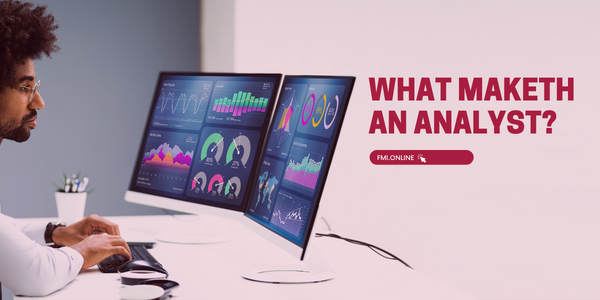
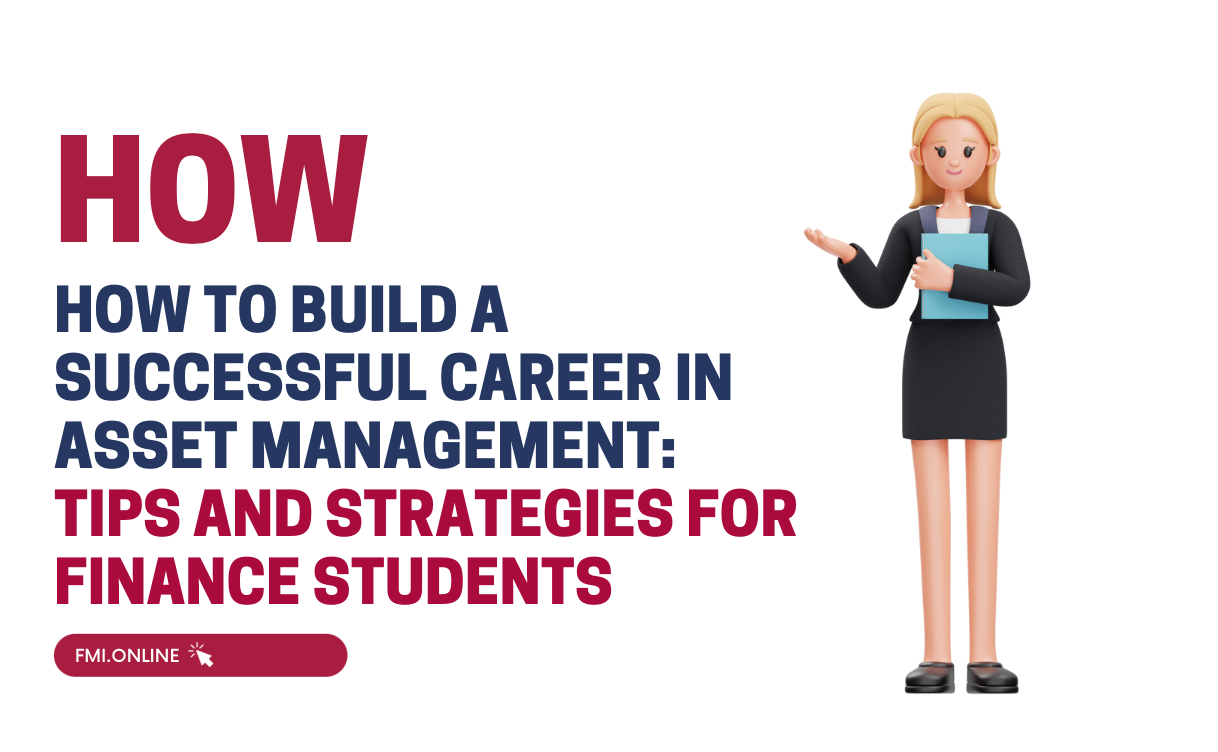
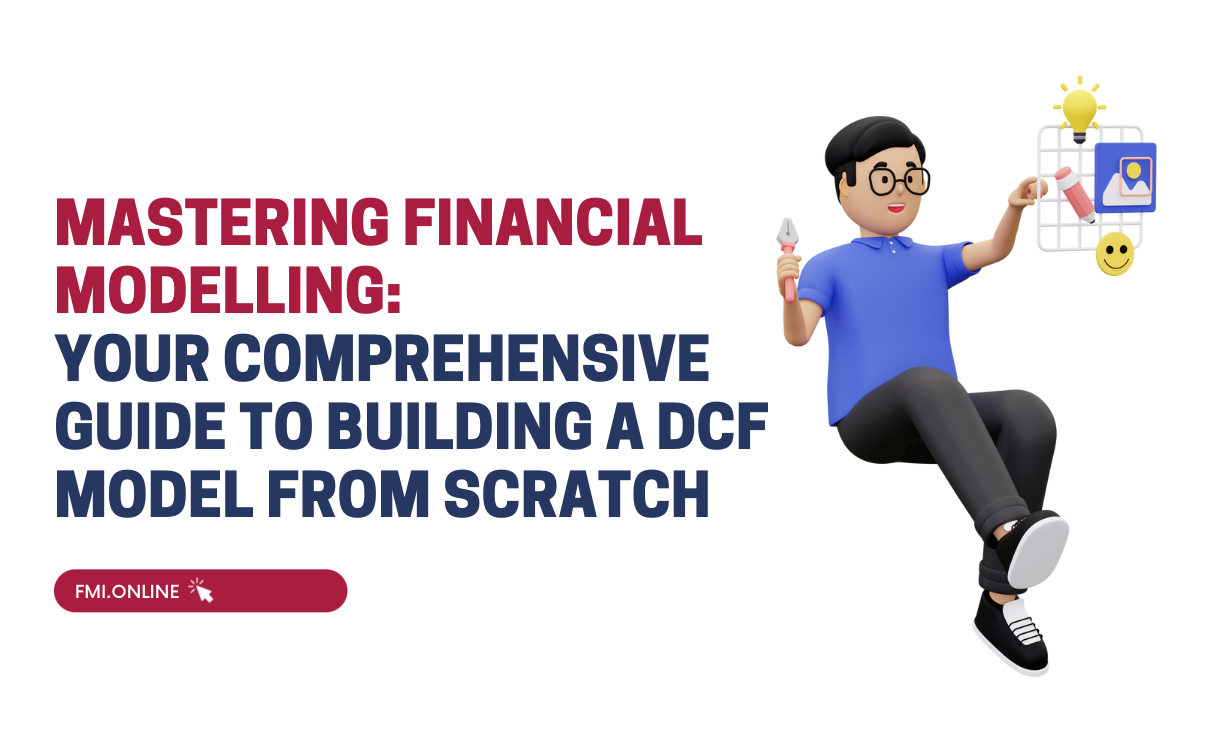
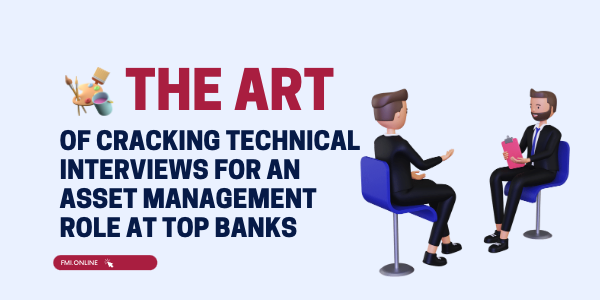
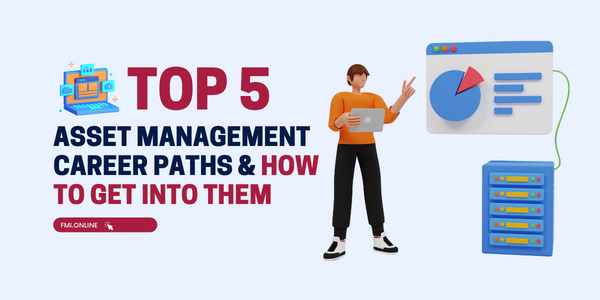

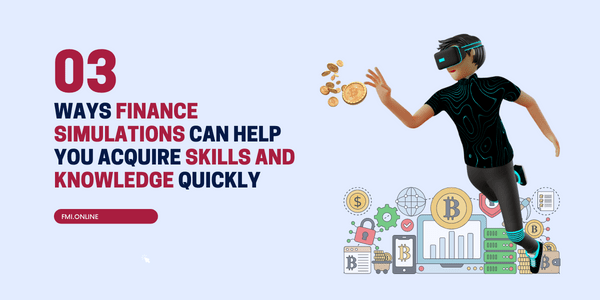
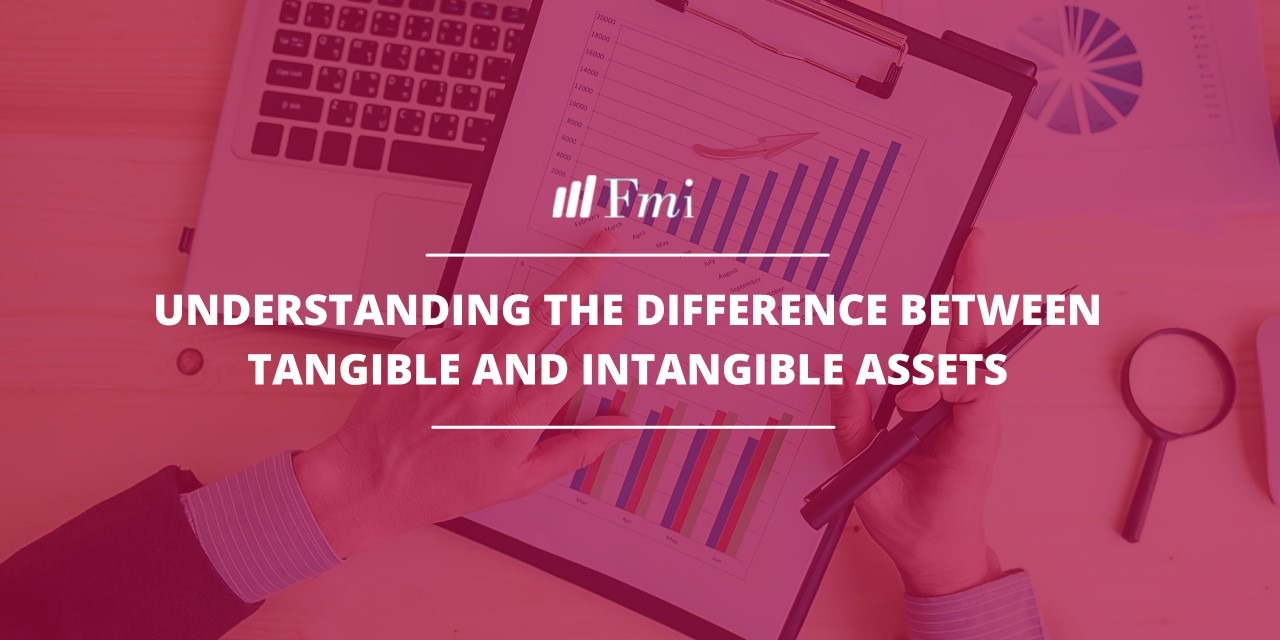


 60+ hours
60+ hours 9 courses
9 courses



